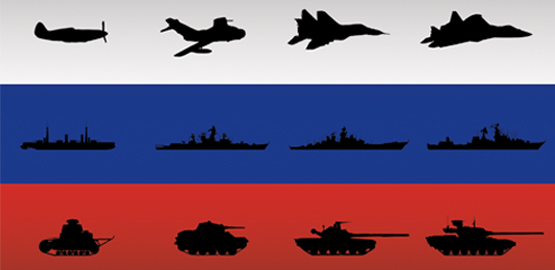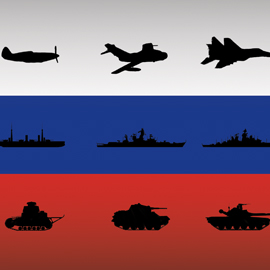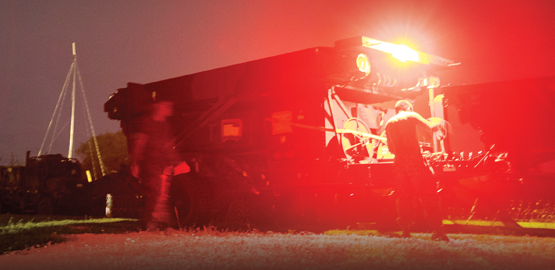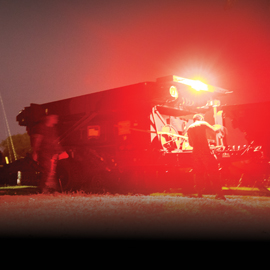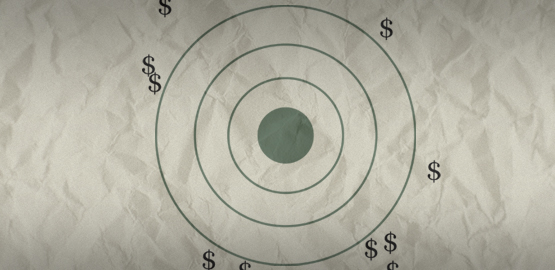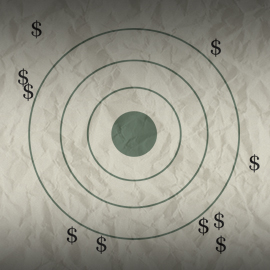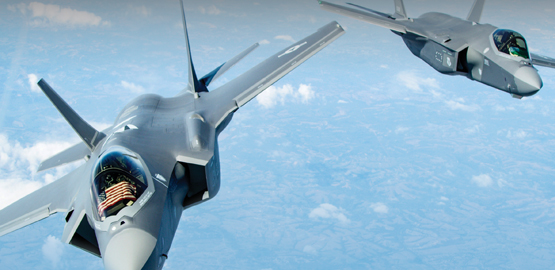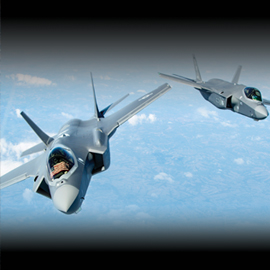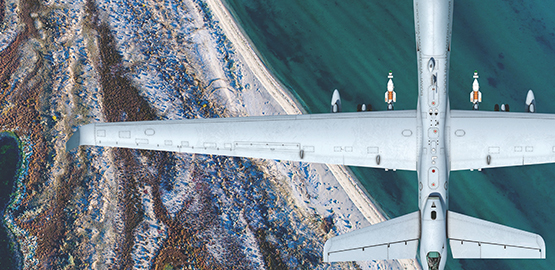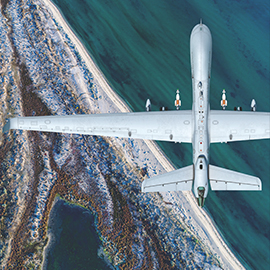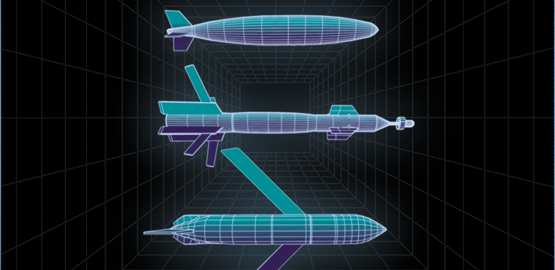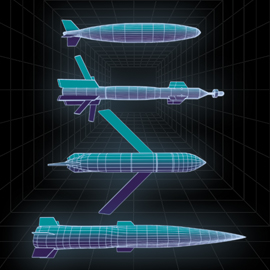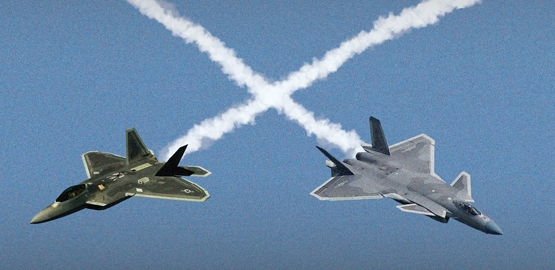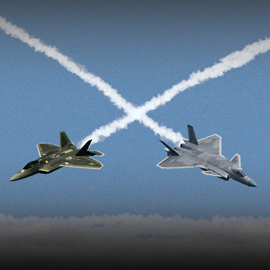Publications
"Nobody does defense policy better than CSBA. Their work on strategic and budgetary topics manages to combine first-rate quality and in-depth research with timeliness and accessibility—which is why so many professionals consider their products indispensable." – Gideon Rose, Editor of Foreign Affairs, 2010-2021
The Defense Industrial Base: A National Security Imperative
Chairman Shuster, Mr. Larsen, and Members of the Defense Business Panel, thank you for inviting me to testify at today’s hearing on the imperative to preserve essential elements of U.S. defense industrial base.
The Future of National Defense and the U.S. Military Ten Years After 9/11
Chairman McKeon, Ranking Member Smith, and Members of the Committee, thank you for inviting me to testify today. On September 11, 2001, I was working in the Pentagon as part of a small team drafting the 2001 Quadrennial Defense Review. The 9/11 attacks were a watershed event for me personally and for the Department of Defense. The attacks immediately reduced the peacetime bureaucratic processes of the day, including the QDR, to trivialities, as the Department – and the Nation – unified in their intent to vanquish the Islamist terrorists who perpetrated the attacks and to prevent future attacks on the United States.
China’s Active Defense Strategy and Its Implications
The South China Sea is a region of growing strategic interest for many countries in the world, including the United States. More than one-third of the world’s seaborne trade flows through its contested waters.
National Security Strategy in an Era of Growing Challenges and Resource Constraints
The United States is struggling to emerge from the greatest peacetime economic downturn since the Great Depression. Known as the Great Recession, the country’s current fiscal difficulties seem unlikely to abate any time soon. If there is a consensus regarding the country’s recovery, it is that it will be both gradual and protracted.1 Some economists, eyeing the government’s rapidly growing debt and expanding obligations, have expressed concerns over the country’s ability to sustain healthy growth levels over the longer term. The implications for US security are potentially profound. Washington has long relied on its ability to bring to bear far greater resources than any other country against any threat to the nation’s security. If current trends play out, this advantage is almost certain to diminish, perhaps dramatically, in the coming years. Long accustomed to pursuing a “rich man’s” approach to strategy, the United States will find itself increasingly challenged to take a “smart man’s” approach—one for which it seems ill-prepared.
The Logic and Limitations of the Nuclear Posture Review
On April 6, the Department of Defense released its Nuclear Posture Review (NPR), which sets forth the Obama Administration’s guidance on American nuclear policy, force structure, and doctrine. The report has been highly anticipated, due in large part to President Obama’s public commitment to the goal of a nuclear weapons-free world.
Understanding the Threat of Nuclear Terrorism
Over the past several years, the prospect of a terrorist group armed with a nuclear weapon has frequently been cited as a genuine and overriding threat to the security of the United States. Moreover, press reports indicate that the forthcoming Nuclear posture review will make the goal of countering nuclear terrorism “equal to the traditional mission of deterring a strike by major powers or emerging nuclear adversaries.”1 Although the likelihood of a nuclear terrorist attack may be relatively low, the consequences of such an attack would obviously be enormous. There is, therefore, widespread agreement regarding the severity of this threat. Despite this consensus, a number of important questions remain open to debate: How real is the risk that a terrorist group could acquire or construct a functional nuclear device, and how might it attempt to do so? Which group poses the greatest threat in this regard, how has that threat changed over time, and is it currently growing or abating? What existing and prospective measures will prove most effective in preventing terrorists from obtaining a nuclear weapon, stopping them from delivering and detonating a weapon if prevention fails, and responding both at home and abroad in the event that an attack succeeds? The purpose of this backgrounder is to examine these critical issues.










